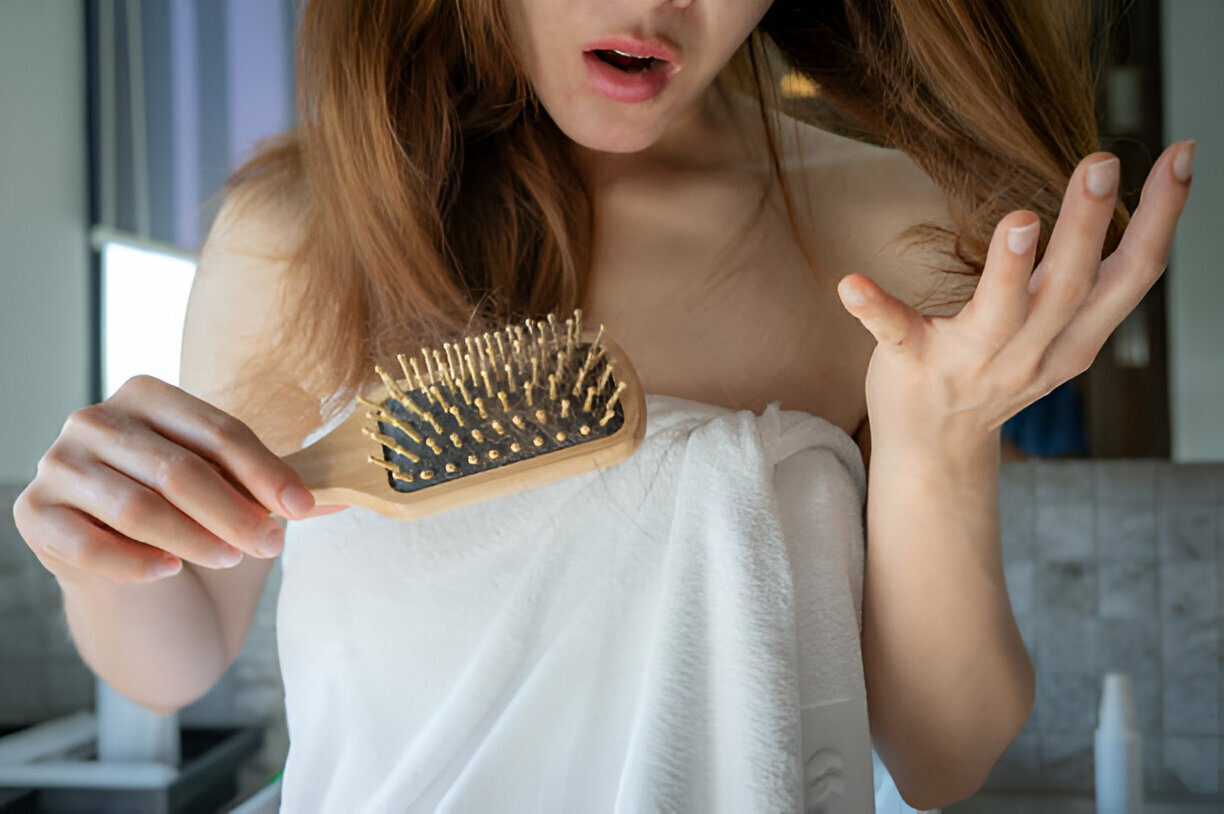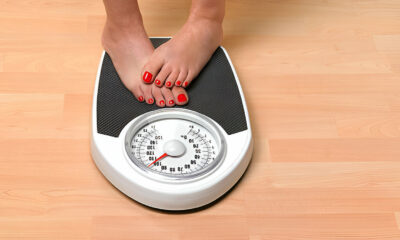In our quest for luscious, resilient hair, we often turn to serums, shampoos, and even advanced treatments, overlooking one fundamental aspect that profoundly impacts our hair health: nutrition. The journey to understanding how nutrition contributes to treating hair loss reveals a fascinating interplay of biology and diet, suggesting that the path to thicker, healthier hair may be more closely tied to our plates than we once thought.
The Hair Growth Cycle: A Brief Overview
Before diving into the role of nutrition, it’s essential to grasp the basics of hair growth. Our hair grows in cycles, consisting of three main phases: the anagen (growth), catagen (transitional), and telogen (resting) phases. Hair loss typically occurs when follicles prematurely enter the telogen phase, often due to various factors, including nutritional deficiencies. Thus, a balanced diet plays a crucial role in maintaining the natural balance of these phases.
Key Nutrients for Hair Health
- Proteins: The Building Blocks
Hair is primarily composed of keratin, a type of protein. Adequate protein intake ensures that your body has enough building blocks to maintain and repair hair follicles. Deficiencies in protein can lead to brittle hair and increased shedding. Incorporating lean meats, legumes, eggs, and dairy products into your diet provides the essential amino acids required for healthy hair growth.
- Vitamins: Essential for Cellular Function
- Vitamin A: This vitamin is crucial for cell growth, including hair cells. It helps in the production of sebum, the oil that keeps the scalp moisturized. However, excessive vitamin A can lead to hair loss, so balance is key. Carrots, sweet potatoes, and spinach are excellent sources.
- Vitamin D: Often dubbed the “sunshine vitamin,” vitamin D plays a role in the creation of new hair follicles. A deficiency in vitamin D has been linked to alopecia. Fatty fish, fortified foods, and sunlight exposure can boost your levels.
- Vitamin E: Known for its antioxidant properties, vitamin E helps combat oxidative stress, which can contribute to hair loss. Nuts, seeds, and avocados are rich sources.
- Minerals: The Unseen Heroes
- Iron: Essential for oxygen transport in the blood, iron deficiency can lead to hair loss, especially in women. Red meat, spinach, and lentils are good sources of iron.
- Zinc: This mineral is crucial for cell growth and repair. A zinc deficiency can lead to hair thinning. Include zinc-rich foods like oysters, beef, and pumpkin seeds in your diet.
- Biotin: Part of the B-vitamin family, biotin supports hair growth by strengthening hair structure. A deficiency can lead to brittle hair and hair loss. Eggs, nuts, and whole grains are biotin-rich foods.
The Role of Hydration
Hydration is often overlooked in discussions about hair health. Water is vital for maintaining the health of hair follicles and ensuring that nutrients are transported efficiently throughout the body. Dehydration can lead to dry, brittle hair and exacerbate hair loss. Drinking ample water and incorporating water-rich foods like cucumbers and watermelon into your diet helps keep your hair hydrated from the inside out.
The Impact of Balanced Diet on Hormones
Hormones play a significant role in hair growth and loss. Nutrient deficiencies can lead to hormonal imbalances, which in turn can disrupt the hair growth cycle. For instance, low levels of essential fatty acids, which are crucial for hormone production, can lead to hair thinning. Incorporating healthy fats from sources like avocados, nuts, and fish can help maintain hormonal balance and promote hair health.
A Holistic Approach
While focusing on nutrition is crucial, it’s important to take a holistic approach to hair care. Stress management, adequate sleep, and avoiding harsh hair treatments are all essential components of a healthy hair regimen. Combining a balanced diet with these practices can significantly enhance your chances of preventing and treating hair loss.
In Conclusion
The link between nutrition and hair loss is undeniable. By ensuring you get the right mix of proteins, vitamins, minerals, and hydration, you can support your hair’s health from the inside out. A diet rich in these essential nutrients can not only mitigate hair loss but also promote overall hair vitality. Embracing a nutrient-dense diet could very well be the secret to unlocking the full potential of your hair’s natural growth. So, next time you’re pondering ways to combat hair loss, remember that the journey to healthier hair may start right at your dining table.













